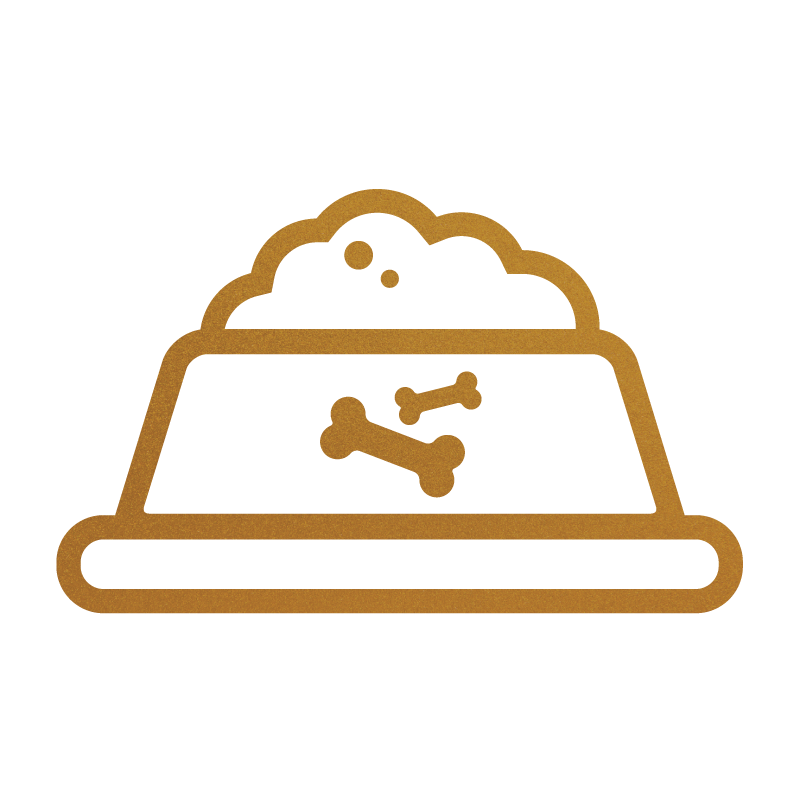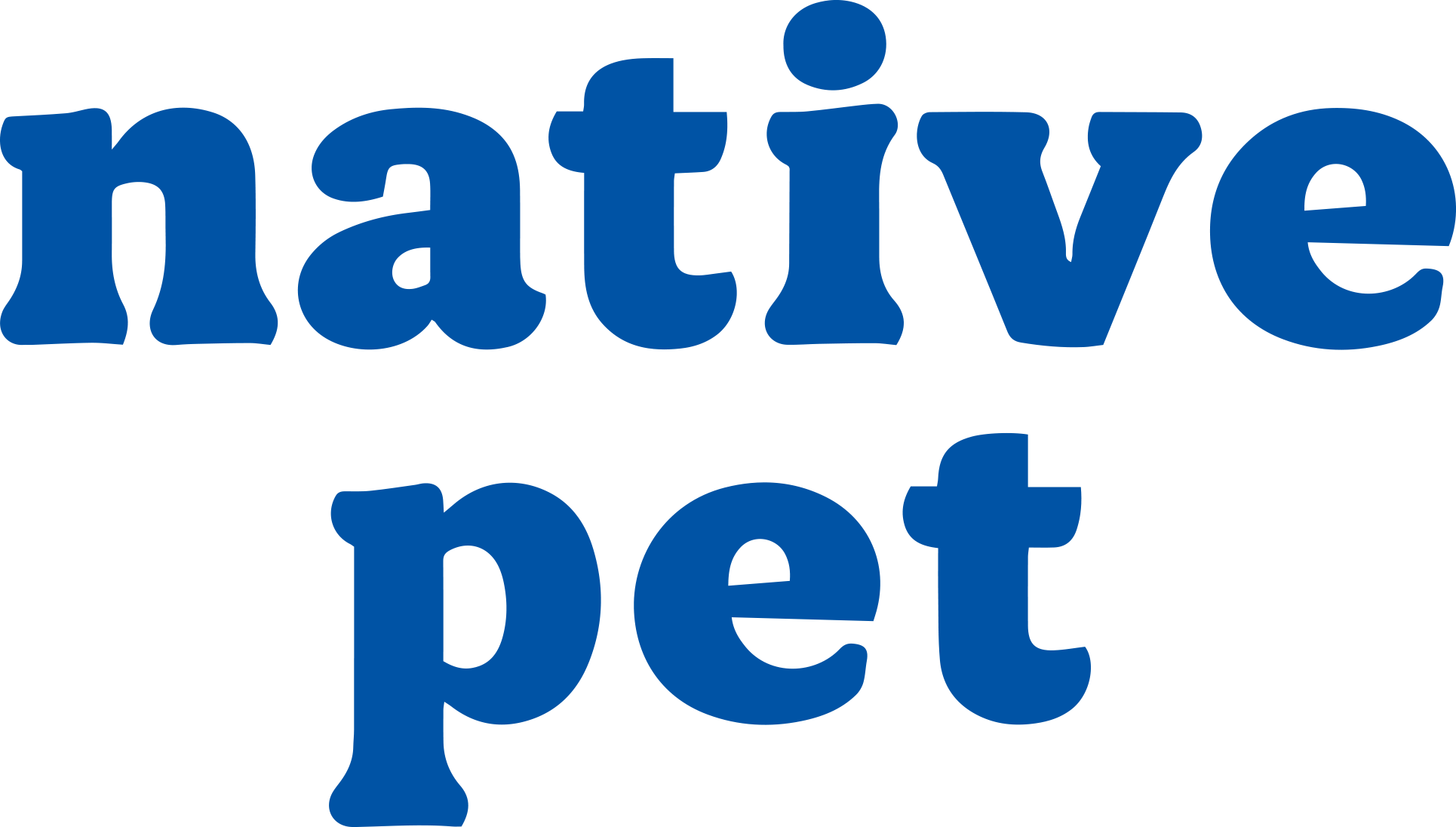What should i feed my doodle?
From 4-8 weeks, we currently use Diamon Naturals Salmon and Potatoe. While we recommend grass-fed or organic Raw Dog Food Choices, we understand that not everyone is able to achieve this easily or cost-effectively. We recommend avoiding foods that include BHA or BHT and choosing foods with natural preservatives such as alpha tocopherols or ascorbate, which are forms of vitamins E & C.
Rapidly growing puppies tend to be eager eaters. Not surprising considering that until they are around six months of age, puppies need two to three times the amount of most nutrients and calories per pound of body weight compared to an adult dog.
A puppy’s first food, generally introduced at three to four weeks of age, should provide complete and balanced nutrition and be formulated to meet the nutrient requirements of growing puppies. A supply of fresh water must be available at all times, but remove water close to 5:00 pm!
When introducing puppy food, mix the puppy food with warm water, let it soak until soft, and then mash it with a fork or pastry blender. A slightly lumpy consistency, not too difficult to chew, is good.
Cooked, plain white rice can be a good option for a dog with an upset stomach, as it is easy to digest and helps bind stool.
Plain, boiled pulled chicken with no seasoning is also good option when a dog has an upset stomach.
Plain canned pumpkin is the healthiest choice for your doodle puppy. Both fresh and canned pumpkin are good sources of nutrients and fiber, but canned pumpkin contains a higher concentration of fiber and nutrients compared to fresh pumpkin. You can mix this with puppy food
HOW MUCH SHOULD I FEED MY PUPPY/GROWN DOG?
-
6-12 Weeks 3-4 Months 5-7 Months 8-12 Months
1 – 1 1/3 cup 3/4 – 1 cups 1/2 – 3/4 cups 1/2 – 2/3 cups
-
6-12 Weeks 3-4 Months 5-7 Months 8-12 Months
1 1/3 – 2 1/2 cups 1 – 2 cups 3/4 – 1 1/2 cups 2/3 – 1 cups
-
6-12 Weeks 3-4 Months 5-7 Months 8-12 Months
2 1/2 – 4 cups 2 – 3 1/2 cups 1 1/2 – 2 2/3 cups 1 – 2 cups
-
6-12 Weeks 3-4 Months 5-7 Months 8-12 Months
4 – 5 3/4 cups 3 1/3 – 4 1/2 cups 2 2/3 – 3 2/3 cups 2 – 2 3/4 cups
-
5 3/4 – 7 cups 4 1/2 – 5 2/3 cups 3 2/3 – 4 1/2 cups 2 3/4 – 3 1/3 cups
Setting a Feeding Schedule for your STOKESHIRE DOODLE PUPPY
Two to Three Months of Age
We recommend 4 daily meals
Early morning
Noon
Late Afternoon
Late Evening
Smaller breeds (Mini-Aussies) may require an additional snack to keep their blood sugar up.
Some doodle puppies will prefer this schedule through four months
Three to Six Months of Age
We recommend 3 daily meals
Let your puppies eat when you eat, breakfast, lunch and dinner.
Six to Twelve Months of Age
From 6-12 months of age, most puppies do well on two meals a day. Small breeds may still need a third meal or at least a midday snack. Most adult dogs do best on two meals a day, so pan to continue this schedule for the rest of your dog’s life if possible.
Let your puppy outside 20-30 minutes after each feeding. Make sure what should be available at each feeding as well. We like a Replendish Waterer that is filled a few times a week. During the winter, your puppy may require more water due to the dry air in your home.
Use your feeding time wisely. This is a time you can work in a little training for your puppy. A hungry puppy is a trainable puppy. For for your food!
Keep your sessions short.
Keep a routine schedule especially on weekends and during vacation days. Your puppy does not understand Holidays or why schedules may change.
If there are disruption changes, strive for structure. Be patient and understanding.
Your puppy should not consume over 10% of their diet in treats.
The Essential Training Nutrients
Active dogs require water, especially during exercise, to work effectively. Mild dehydration in your dog can reduce endurance and strength, especially in hot weather conditions. Drinking small amounts of water helps keep dogs cool by dissipating the heat produced from activities. Though most people don’t consider water to be an essential nutrient, it is the most essential nutrient. Water is important for most biochemical processes in the body and is the most important nutrient for survival.
Water also has an important role in thermoregulation. Exercise is a heat-producing activity, and dogs must be well-hydrated to respond to increased heat production, particularly when exposed to extreme temperatures and humidity. Water helps cool the body’s core temperature. Mild dehydration, even as little as 1%, can make it difficult for your dog to cool down during exercise. Water also helps remove the byproducts of energy metabolism, which also impact endurance and performance.
An over-enthusiastic or overworked dog runs the risk of heat stress and dehydration, the greatest threats to an exercising dog. Since dogs don’t sweat, except through their paws, their primary ways to eliminate body heat are through panting and moisture evaporation through the mouth. This also results in a significant way to lose body water. A dog’s most significant loss of body water during prolonged exercise is simply through breathing, followed closely by an increase in urine production.
Though dogs may be distracted by their environment or activity, owners should encourage them to drink a small amount of water every 15 to 20 minutes. A squirt bottle works well for this purpose. Why do this? Even with voluntary access and consumption of fresh water after exercise, dogs rarely rehydrate themselves adequately. A dog’s ability to perform at an optimal level is linked to proper hydration. Water, the essential nutrient, helps keep dogs healthy and hydrated so they work at their best.
Active dogs, especially those that take part in endurance exercise, experience oxidative stress due to their prolonged increase in oxygen consumption. Antioxidants help minimize oxidative damage to cells during intense activity and following exercise during recovery.
Oxygen metabolism naturally generates free radicals, which are unstable particles that can injure cells and cause oxidative damage. Active dogs that are fed a diet with less than adequate antioxidants to offset natural free-radical production may not perform at their best, particularly with consecutive days of exercise. They also may suffer from muscle stiffness and disruption of cellular balance.
Dogs need a rich antioxidant blend to help support their immune system and protect cells from the cellular damage of free radicals. Antioxidant nutrients include selenium, zinc and vitamins A and E. These nutrients help support a dog’s immune system to scavenge and clean up free radicals that can cause damage to cells.


